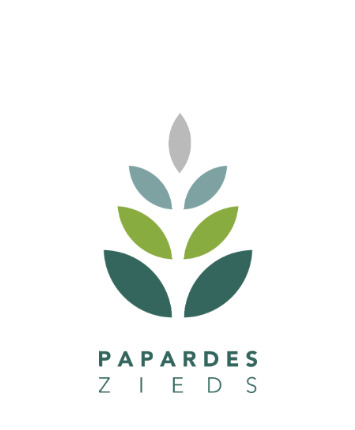

| 31 March 2016
Latvian Association for Family Planning & Sexual Health
The Latvian Association for Family Planning & Sexual Health (LAFPSH) focuses on information, education and training activities for health personnel and the general public, and sex education for teachers and young people. The organization has a highly active youth group which runs a safer sex campaign (in conjunction with national media). The group also publishes an advice section in a major youth magazine dealing with problems relating to (for example) puberty, relationships, contraceptives and sexually transmitted infections (STIs). It operates a telephone helpline which is run by young people, for young people. More broadly, LAFPSH runs seminars and workshops on sexual and reproductive health (SRH) concerns such as sexuality and people with disability, gender-based violence and menopause. LAFPSH has significant influence as an advocate at government level, and has been closely involved in developing the national reproductive health programme. This is reflected in the organization’s active programme of information, education and communication (IEC) in conjunction with the Latvian Teachers Association. It has led to the training of over a 1,000 teachers in sex education. A project jointly supported by the Swedish Family Planning Association and the European Commission has enabled LAFPSH to produce and disseminate high quality materials on STIs, condoms and sex education.

| 31 March 2016
Family Planning Association of Nepal
Established in 1959. the Family Planning Association of Nepal (FPAN) is Nepal's first national family planning service delivery and advocacy organization. It is a major collaborator of the Government of Nepal's national sexual and reproductive health (SRH) program, contributing a greater percentage of all SRH services in Nepal annually. FPAN serves Nepalese people in 44 districts, focusing on the poor, marginalized, socially excluded and underserved (PMSEU) populations, which include female sex workers, people living with HIV (PLHIV), LGBTIQ people, injecting drug users, men who have sex with men (MSM), migrant workers, people with disabilities (PWD), survivors of gender-based violence (GBV), urban slum dweller and people affected by disaster and crisis. The mission of FPAN is to "champion a volunteer movement for increased provision of SRHR to all, particularly to those most at risk, marginalized, and under-served". The planned outcomes set by FPAN for the strategic planning period (2016-2022) include: Nepal Government respects, protects and fulfil sexual and reproductive rights and gender equality; Nepalese people empowered to act freely on their sexual and reproductive health and rights; a high quality integrated sexual and reproductive health services delivered; and a high performing, accountable and strong FPAN. The success of FPAN is due to its extensive and diverse network of service delivery points, as well as its expertly trained staff and volunteers who provide services in areas where they would otherwise be unavailable. FPAN provides an Integrated Package of Essential Services (IPES), which includes sexuality counselling, contraception, including emergency contraception, safe abortion, STIS/RTIs, HIV & AIDS, obstetrics, gynecological and sexual & gender-based violence services. These services are provided across 974 service delivery points (including 270 clinical SDPs, 22 family health clinics, 56 community health clinics, 75 associate clinics, 117 mobile teams, and 794 non-clinical service delivery points). FPAN provides approximately four million SRH services each year across its service delivery points, with family planning accounting for 40%, STIs/RTIs for 14%, gynaecological services for 12%, HIV services for 10%, and other services accounting for the remaining 24%. FPAN has eight clinical training centres that are connected to its family health clinics, which provide full range of family planning and reproductive health services. The training centres are accredited by the National Health Training Centre, (MoHP). These centres provide a variety of family planning and sexual and reproductive health training to health care providers from FPAN, government, and non-governmental organizations (NGO) health facilities.







